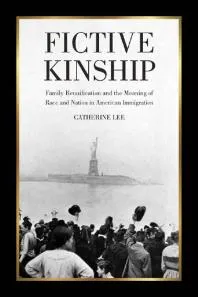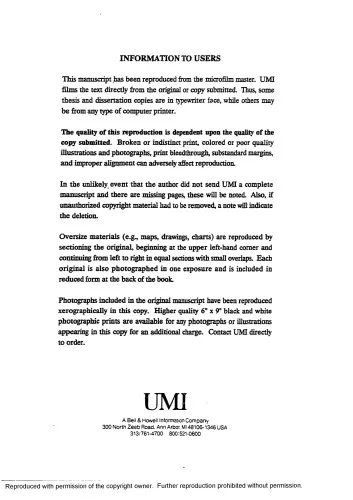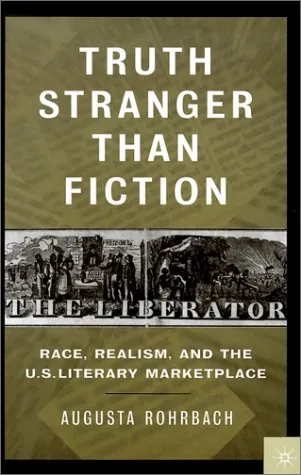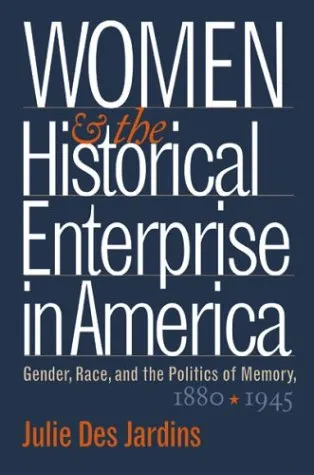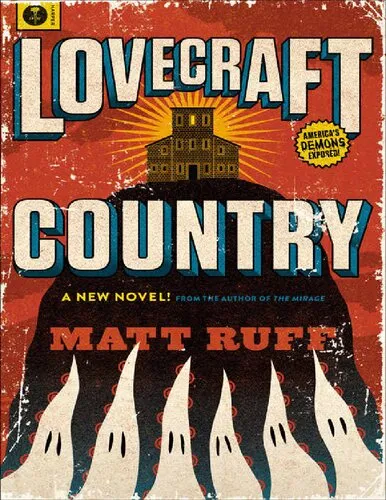Fictive Kinship : Family Reunification and the Meaning of Race and Nation in American Immigration
4.7
Reviews from our users

You Can Ask your questions from this book's AI after Login
Each download or ask from book AI costs 2 points. To earn more free points, please visit the Points Guide Page and complete some valuable actions.Related Refrences:
Welcome to an in-depth exploration of the intersection between family, race, and immigration in the United States. In "Fictive Kinship: Family Reunification and the Meaning of Race and Nation in American Immigration," we delve into how these elements shape policies, societal norms, and individual experiences. This book offers a comprehensive analysis of family reunification policies, examining their implications for racial and national identity.
Detailed Summary of the Book
"Fictive Kinship" unravels the complex fabric of American immigration policy, focusing particularly on the concept of family reunification. This policy has long been championed as a cornerstone of U.S. immigration law, maintaining the belief that keeping families together is both humane and beneficial for societal stability. However, as the book reveals, the family-based immigration system is deeply intertwined with issues of race and nationality.
The book argues that American immigration policy has historically been shaped by racial biases that continue to affect the application of family reunification. Through rigorous analysis, it exposes how laws have favored certain racial and national groups over others, often marginalizing non-European immigrants. This selective deportation and immigration practice underscore a prevalent societal norm that some families are more "desirable" or "legitimate" than others.
By exploring case studies, historical contexts, and personal stories, "Fictive Kinship" paints a vivid picture of how these policies are enacted and challenged over time. The book also discusses how the notion of "fictive kinship"—family ties that run deeper than blood relations—guides these practices, shaping the way we perceive family and nationhood.
Key Takeaways
- Family reunification policies, while appearing neutral, are deeply affected by historical and contemporary racial considerations.
- U.S. immigration laws have systematically favored immigrants from certain racial and national backgrounds.
- The idea of "fictive kinship" plays a crucial role in how national and racial identities are constructed and understood.
- Immigration debates often revolve around whom we consider family, revealing deeper societal biases and preferences.
- "Fictive Kinship" emphasizes the importance of historical context in understanding current immigration laws and policies.
Famous Quotes from the Book
"The concept of family unification has never been merely about blood ties; it is a reflection of who we as a nation are willing to embrace and who we choose to exclude."
"To understand American immigration policy, we must delve into the histories of race and power that have shaped it."
Why This Book Matters
"Fictive Kinship" offers critical insights into the socio-political mechanisms that inform immigration policies in the U.S., opening a dialogue on inclusivity and bias. As debates on immigration become increasingly polarized, this book provides valuable context, focusing on the idea that family notions extend beyond nuclear ties and can represent broader, more inclusive forms of kinship.
By critically examining the linchpins of immigration policy, the book not only informs scholars, policymakers, and advocates but also addresses every reader who wishes to comprehend the complexities surrounding modern-day immigration. In doing so, it encourages readers to rethink not just policies but the foundational values of race, nationality, and community.
Free Direct Download
You Can Download this book after Login
Accessing books through legal platforms and public libraries not only supports the rights of authors and publishers but also contributes to the sustainability of reading culture. Before downloading, please take a moment to consider these options.
Find this book on other platforms:
WorldCat helps you find books in libraries worldwide.
See ratings, reviews, and discussions on Goodreads.
Find and buy rare or used books on AbeBooks.
1463
بازدید4.7
امتیاز0
نظر98%
رضایتReviews:
4.7
Based on 0 users review
Questions & Answers
Ask questions about this book or help others by answering
No questions yet. Be the first to ask!
